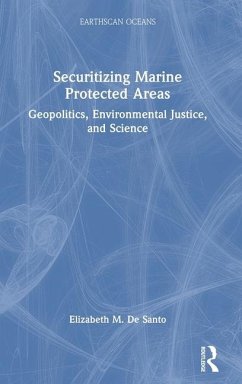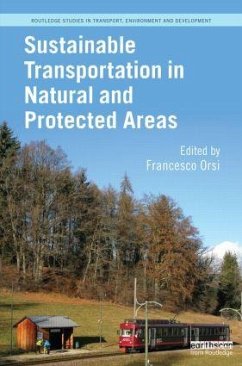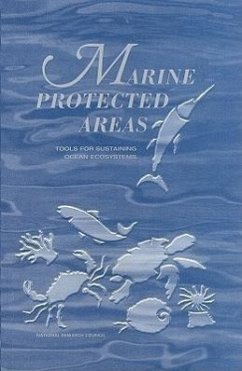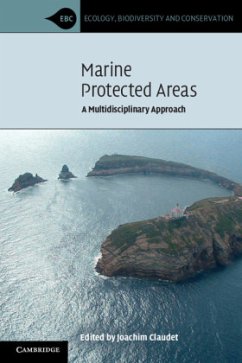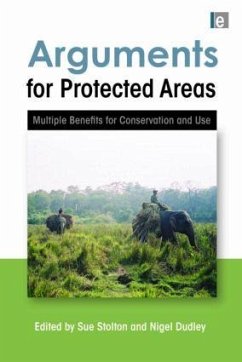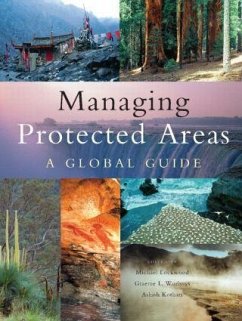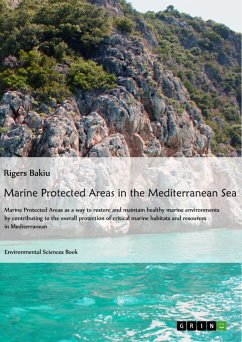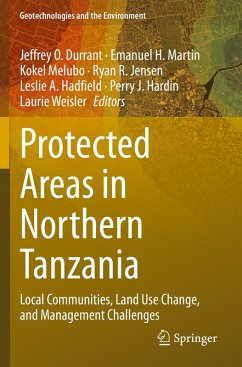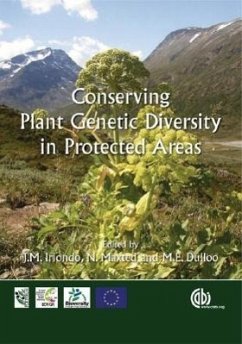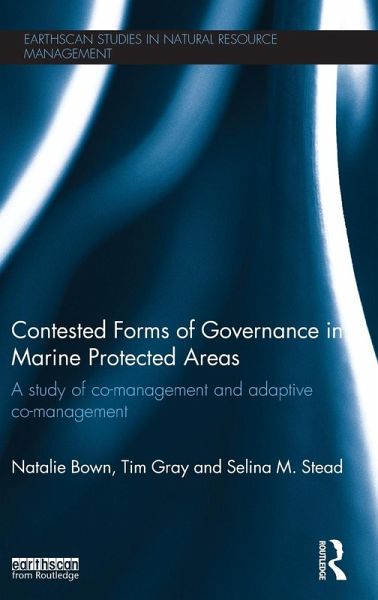
Contested Forms of Governance in Marine Protected Areas
A Study of Co-Management and Adaptive Co-Management
Versandkostenfrei!
Versandfertig in 1-2 Wochen
158,99 €
inkl. MwSt.
Weitere Ausgaben:

PAYBACK Punkte
79 °P sammeln!
In this book, the authors examine the governance of marine protected areas (MPA), and in particular they compare two different forms of governance - co-management (CM) and adaptive co-management (ACM). CM is characterized by the decentralization of the decision-making process, incorporating the governed as well as the government. ACM is characterized by the dynamic process whereby co-management decision-making is made continuously responsive to the changing ecological and socio-economic circumstances of the MPA. The authors carry out a comprehensive critical analysis of CM and ACM before applying these concepts to the case study of the Cayos Cochinos Marine Protected Area off Honduras to assess two successive management cycles, 2004-9 and 2008-13. The area was designated as an MPA in 1993, a governmental decision which was met with resentment by local communities. CM was introduced in 2004 to involve these local stakeholders in the decision-making process, but achieved limited success. In an attempt to deal with these deficiencies, ACM was adopted in the second management plan in 2008, but whereas the position of the local communities improved, it tipped the scales too far away from conservation. A third management plan is currently being prepared that promises to strike a better balance between ecological and socio-economic objectives. A central theme of the book is to examine how far the CCMPA adhered to the principles of CM and ACM respectively in its first two management plans.





